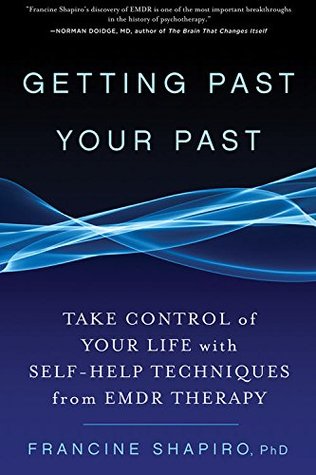More on this book
Community
Kindle Notes & Highlights
Started reading
July 15, 2020
And they can leave us feeling heartsick if someone leaves us—even if we know consciously that the person is terrible for us and continuing the relationship would be a big mistake.
The automatic reactions that control our emotions come from neural associations within our memory networks that are independent of our higher reasoning power.
If they are unprocessed, they can cause us to overreact or act in a way that hurts us or those around us. If they are “processed,” we are able to react in ways that serve our loved ones and ourselves well.
The bottom line is that regardless of how we were brought up, we are not victims and our problems are not a sign of weakness.
Instead, the memory of the situation becomes stored in the brain as you experienced it. What you saw and felt, the image, the emotions, the physical sensations and the thoughts become encoded in memory in their original, unprocessed form.
Learning takes place as thoughts and information are consolidated and integrated with other memories during REM sleep. Research shows that if a person is taught a skill but is prevented from entering REM sleep that evening, the skill can be lost.
She was wounded by her own childhood, and he wanted desperately to heal her. He tried to do things her way, rarely pushing to do what he wanted.
she became angrier and more demanding, he became more passive and nonconfrontational.
Our task is to recognize when we have thoughts, emotions or physical responses that are destructive, negative or harmful—and then do something about it.


